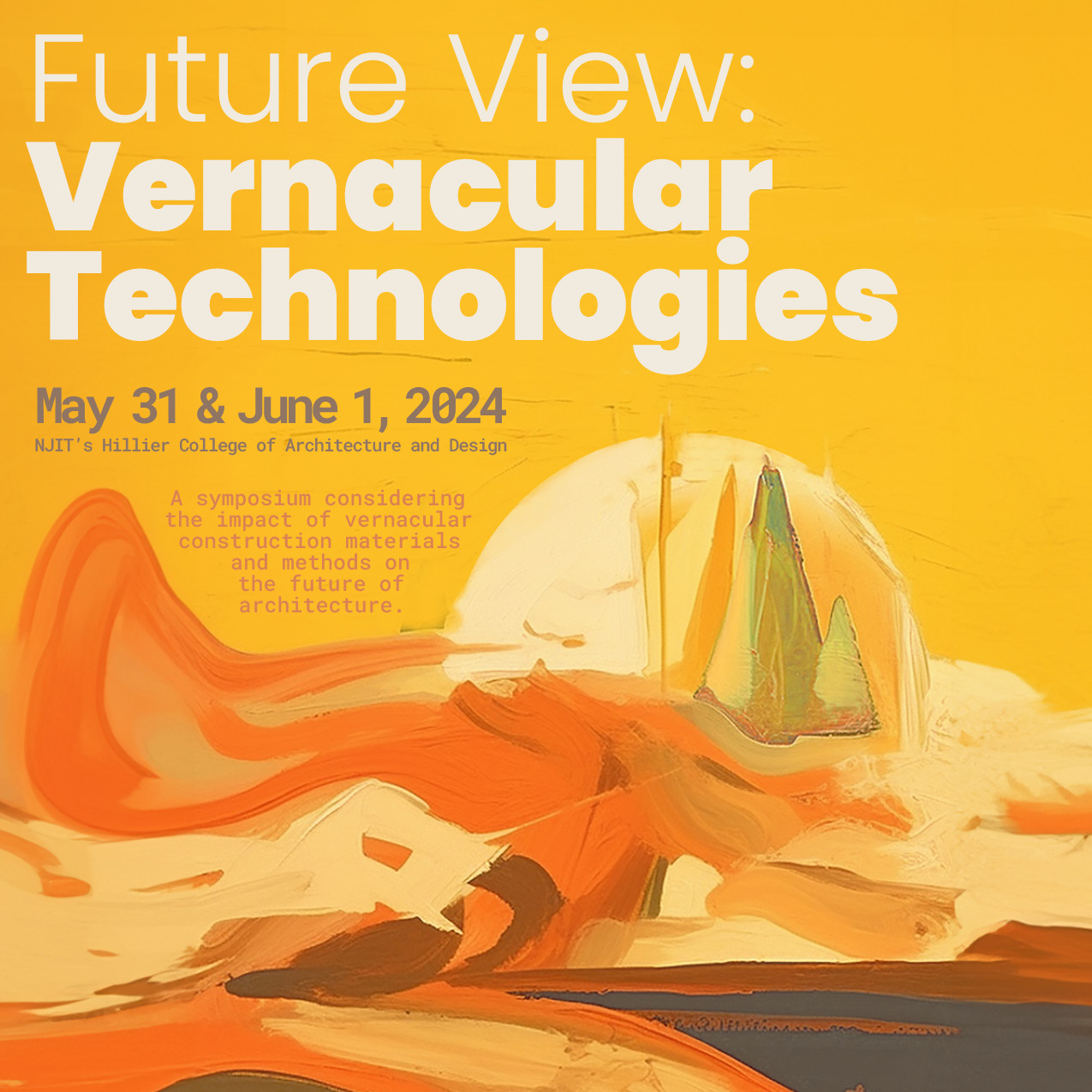Hidden Architectures and Spatial Systems of Urban Division: From Cairo to Belfast
In cities that are divided by ethno-national rivalry, public space and its architecture becomes the crucible of contestation related to ethnicity, territoriality and national identity. Physical barriers, such as Northern Ireland’s Peace-line walls, materialize the paradoxical relationship of the edge as a line of separation and attachment, as the inevitable reality of coexistence. Social and cultural polarization in the Middle East’s urban environments similarly possesses spatial structures of segregation with deeply rooted but less visible rivalry based on ideology, affordability and cultural attitudes. The hierarchical structure of city spaces and quality of life in Egypt’s urban environments developed invisible barriers that at times define unequal privileges of accessibility and service, creating two attached yet isolated universes. Rivalry based on ethnicity or social status fuels infinite battles of contestation over space and territorial gains, rendering the gain of one rival is an inevitable loss of other, looking cities in unwinnable battles over urban development, design and architecture.
Cairo and Belfast are two cities whose architecture encapsulates these deep forms of division and spatial systems that distinguish between old and new, high and working class in everyday life. They frequently reach frequent flashpoints of conflict and uprising against their own socio-cultural frailties; including visible and non-visible radical and religious affiliations and allegiances. While Cairo struggles between its centuries-old division of informal communities where conservative ideologies flourish and its predominant urban secular identity, Post-conflict Belfast endures the repercussions of troubled past of segregation and rivalry between its Catholic and Protestant communities. This talk will highlight how each city’s spaces and architecture emphasise boundaries and territories that are only decipherable by local residents, but obscure to foreign and unfamiliar visitors. Hidden, invisible architectures of division in each city transform conventional urban zones, spaces and institutions into no-go territories. Who and where residents can go is predefined not through checkpoints but through socio-cultural code of engagement. Cities are therefore better read through paradigms of socio-spatial spheres of interaction, where underlying urban dynamics are more detectable.
Mohamed Gamal Abdelmonem is an architect and senior lecturer of architecture at the University of Wolverhampton. He led design studios and BSc Course at Queen’s University Belfast and taught design studio and architecture theory at Sheffield School of Architecture, where he completed his PhD in Architecture. He received the IASTE Biennale’s Jeffrey Cook Award (2014) for his scholarly research on traditional urban environments. His research focuses on the investigation of socio-spatial practice of urban environments, the architecture of home, spatial memory, politics of urban space in everyday life and the Pedagogy of Architectural Studio. His books include ‘Peripheries: Edge Conditions in Architecture’ (Routledge 2012) (with Ruth Morrow), “Portrush: Architecture for the North Irish Coast”(Ulster Tatler 2013), “The Architecture of Home in Cairo: Social-spatial practice of the Hawari’s everyday life” (Ashgate, 2015) and the forthcoming title “Architecture, Space and Memory of Resurrection in Northern Ireland” (Routledge 2016) (with Gehan Selim). Dr. Abdelmonem sits on several conference and editorial boards and has published numerous articles on socio-spatial architecture, urban development, Middle Eastern urbanism, and spatial memory in post-conflict Belfast.








